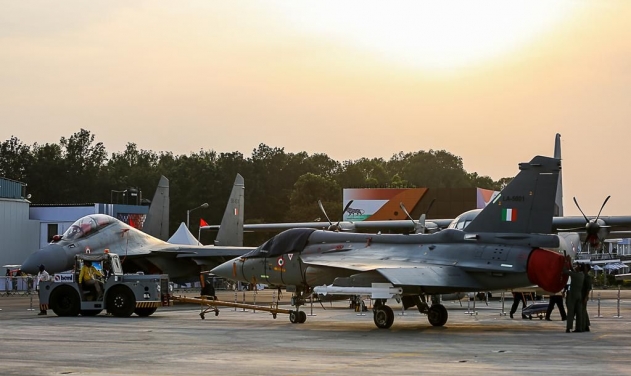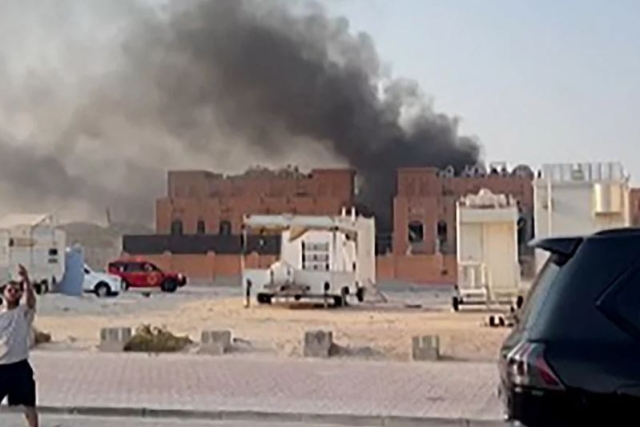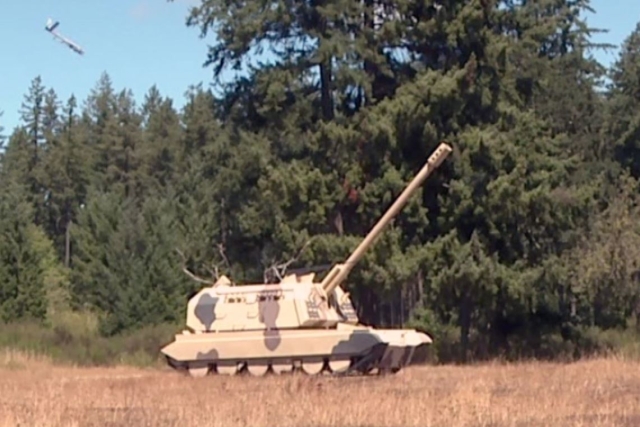DRDO To Begin Flight Trials Of Anti-Radiation Missile In 2016

India’s new state-of-the-art Anti-Radiation Missile (ARM) is expected to undergo captive flight trials in April-May and first flight test by this year-end.
The air-to-surface tactical missile being developed by Defence Research and Development Laboratory (DRDL) will be mounted on combat aircraft – Sukhoi Su-30 and Tejas, the DRDO sources were quoted as saying by The Hindu on Wednesday.
The indigenously-built missile with a range of 100 to 125 km is capable of targeting enemy’s air defense capabilities by attacking radars and communication facilities. The missile picks up the radiation or signals of radars and communication facilities and homes on to the targets to destroy them.
According to DRDO sources, scientists will evaluate the performance of the seeker, navigation and control system, structural capability and aerodynamic vibrations during the captive flight trials. These will be followed by ground testing and the missile will be fired from Su-30 during the actual flight trial by year-end.
Instead of thrust propulsion, the missile uses dual pulse propulsion system as in the case of LR-SAM. The dual pulse propulsion will widen the envelope as well as the engagement capability of the missile. After coasting the missile for the required duration by firing the first pulse, the second pulse will be initiated just before interception of the target or during the terminal phase, the sources said. The dual pulse propulsion system could be configured with other air-to-surface and air-to-air missiles.
The missile will be inducted in about two years after conducting a number of developmental trials.
Only a few countries, including the U.S. and Germany, have ARMs at present, the sources added.
Meanwhile, the induction of LR-SAM (Long Range Surface-to-Air Missile), jointly developed by India and Israel, will begin in September-October this year. It was successfully test-fired from INS Kolkata to intercept an aerial target last year and the missile is slated to be launched from warships, INS Kochi and INS Chennai, for similar trials later this year.










